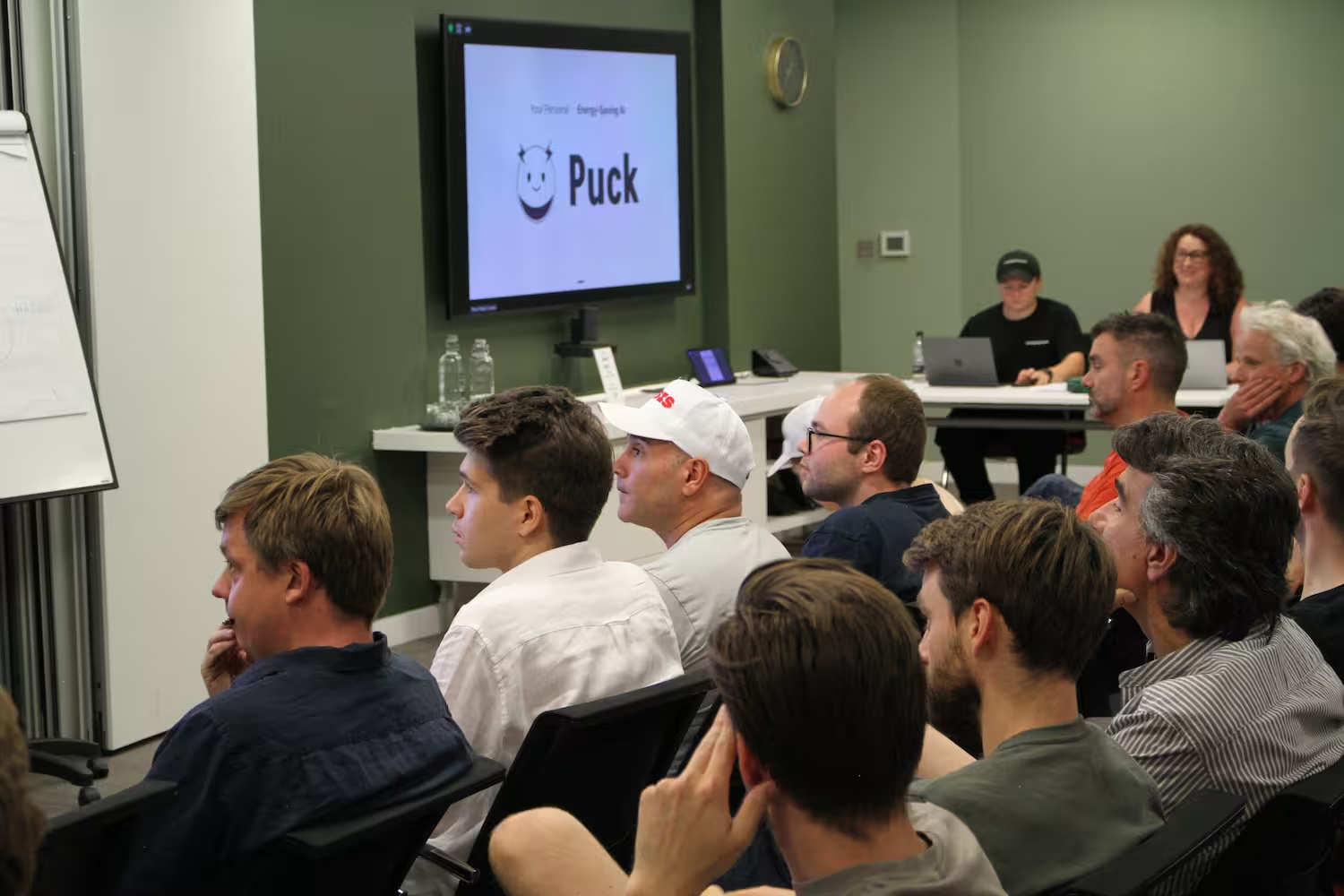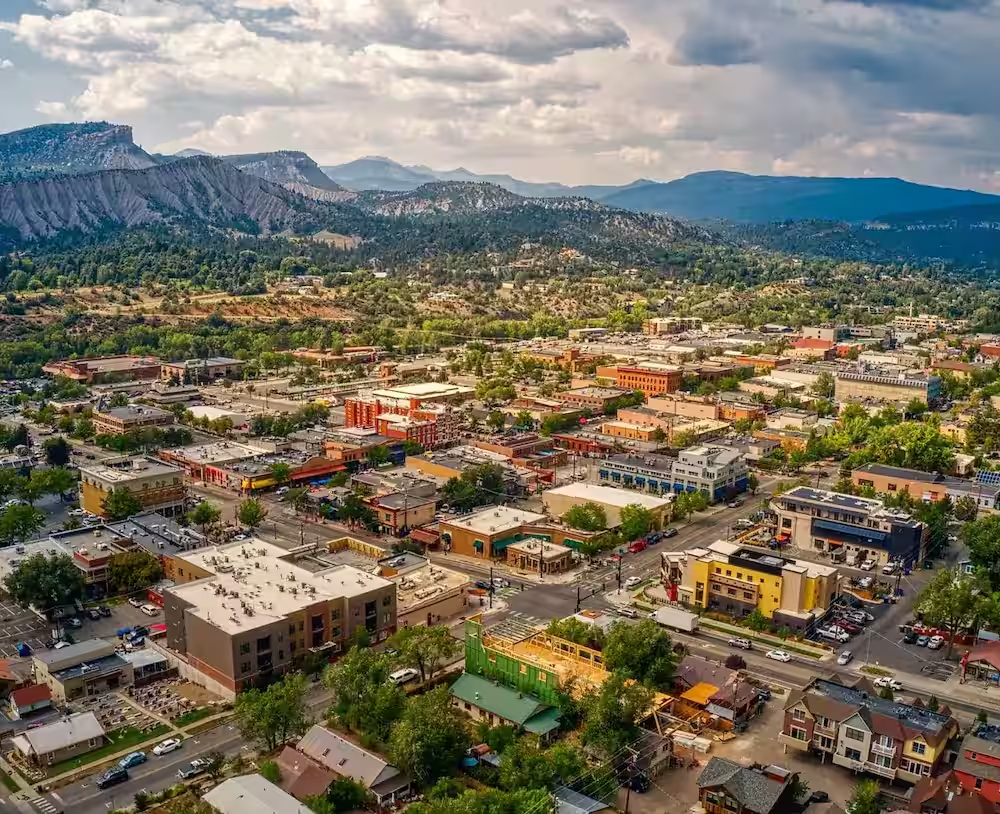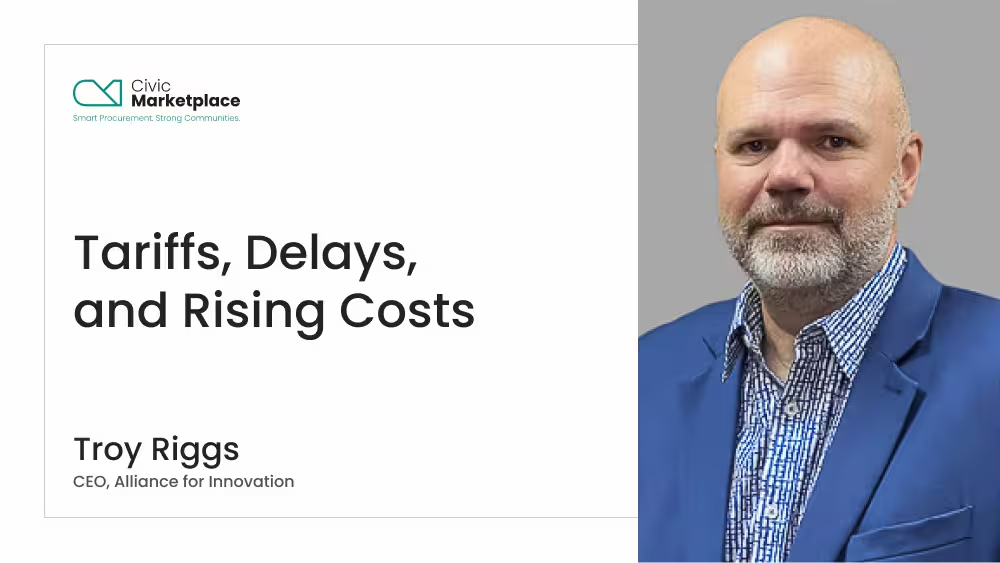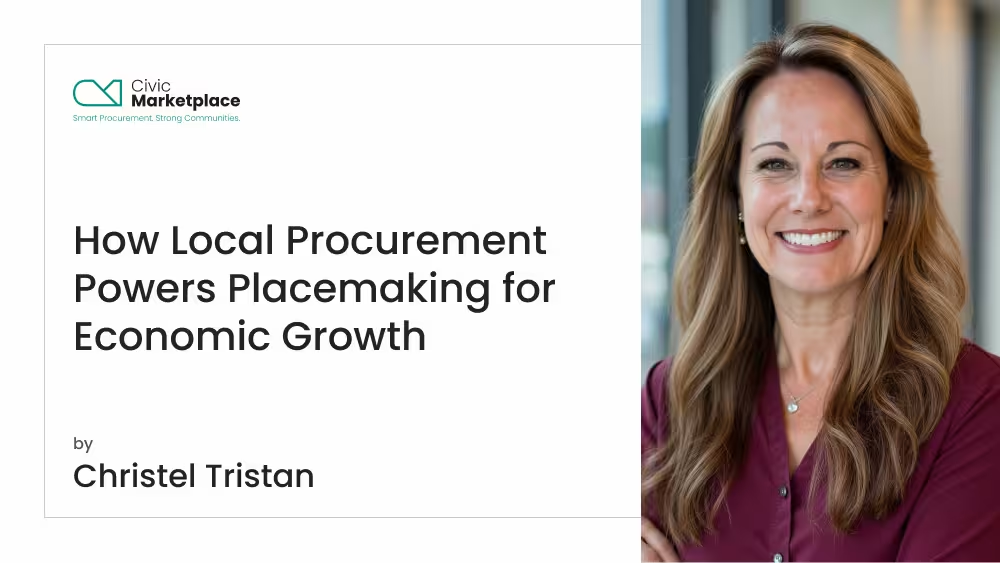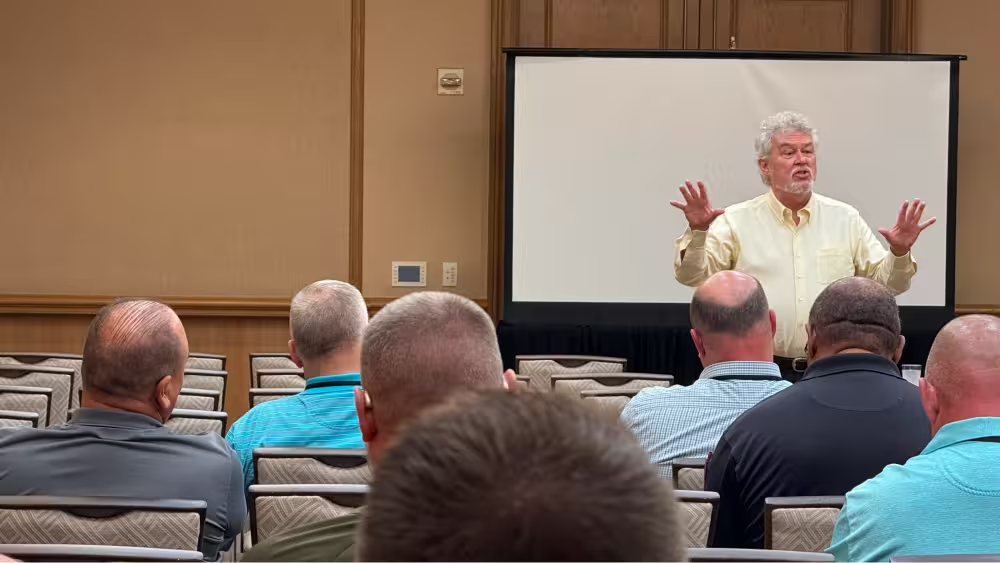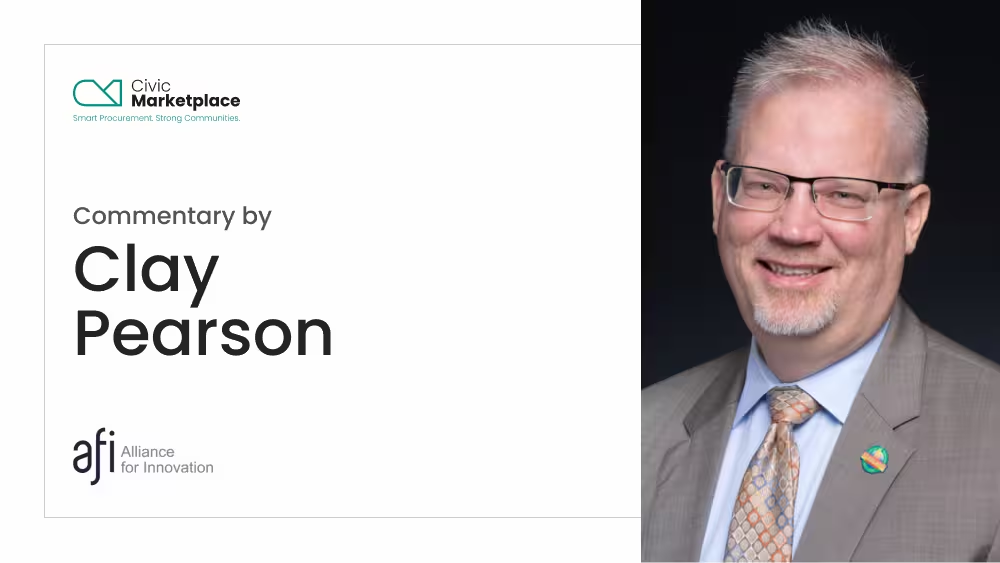Keeping It Country – the Town of Fairview, Julie Couch and the Dilemma with the Donkey

Welcome to our first Agency Hero spotlight, the first of a new series of articles by Civic Marketplace showcasing how local government leaders are role models for driving innovation in their communities across the U.S.
This month we’re shining a light on the Town of Fairview, Texas, and its dedicated team of employees led by Town Manager Julie Couch.
What makes Fairview unique?
Fairview is a town of 11,000 residents in the north-eastern DFW area. It’s bounded by the city of McKinney to the north and the cities of Allen and Plano to the south. Town Manager Julie Couch explains that Fairview’s residents have a strong civic identity and “are very proud of the fact that we're not quite like the communities around us.” Drive through Fairview and you’re likely to see horses, longhorns, sheep, goats, and other farm animals in the larger properties – and perhaps even pass by some road runners, hawks and bobcats.
Julie leads a team of eighty-nine town employees, the majority of whom are public safety officials, police, fire, EMS and public works employees. Keeping a town running with just a small team means juggling multiple priorities and wearing many hats. Her team shares responsibility for a whole host of functions and Julie explains that there are pros and cons to this setup. “The disadvantage is you get pulled from doing very specific things and pulled into areas that you maybe aren't comfortable with.” But at the same time, “it creates the opportunity for innovation and broadening of horizons in a small organization. I have folks that are not afraid to try something new.”
How did Fairview tackle its water metering issues?
One of these opportunities for innovation arose when Julie and her team realized that they needed to upgrade Fairview’s water metering infrastructure for their residents. “We have water users, especially during the hot summer months, that have pretty significant bills and a lot of questions,“ explains Julie. “People want to know when they used the water.” It’s a big operation for a relatively small town. Fairview distributes over two million gallons of water to its citizens daily, with peak summer time usage exceeding six million gallons per day. And in the town’s 2024 residents’ survey, ensuring water, waste water and drainage systems can support growth was citizens’ fourth highest priority.

Julie and her team wanted to implement advanced metering infrastructure (AMI) to allow residents to communicate with the town’s meter system, evaluate their own usage and set controls. They quickly realized that local complexities meant it was going to be a much more complicated project than expected. Without a dedicated procurement department, Julie acknowledges that it can be difficult to collate all of the information needed to get the process started. “You have to make sure that it [the tender] meets all of the regulations that we have to comply with. We were having issues with putting an RFP together for this fairly complicated system.”
Facing this complexity, Julie raised her hand at a meeting of regional city leaders discussing collaborative procurement, which led to conversations with Ron Holifield, Al Hleileh, and the North Central Texas Council of Governments (NCTCOG) about developing a collaborative approach on procurement with the TxShare cooperative purchasing system. Working closely with Fairview, TxShare was able to develop an RFP program that would not just be tailored to one town’s needs, but meet a variety of needs for towns and cities across Texas. Fairview’s public works manager, Aron Holmgren, participated in the evaluation of those bids, explains Julie, and they were pleased that their hard work can benefit other entities across Texas. “We were able to be assured that the bid structure was going to meet our needs, and also allowed for flexibility for other cities as well.”
Not just keeping the lights on?
Fairview awarded this AMI contract in August, and it is now being rolled out, with a test program already in place in the first neighborhood. “Our approach was to first install a pilot program,” Julie points out.“We wanted to make sure that we were going to have no problems implementing the system utility-wide. The first neighborhood consisting of 125 homes has now activated [the AMI] with zero issues. “And that's within just a couple of weeks,” adds Julie. “We are anticipating that the entire town of 4,000 meters will be completed around the start of next year.”
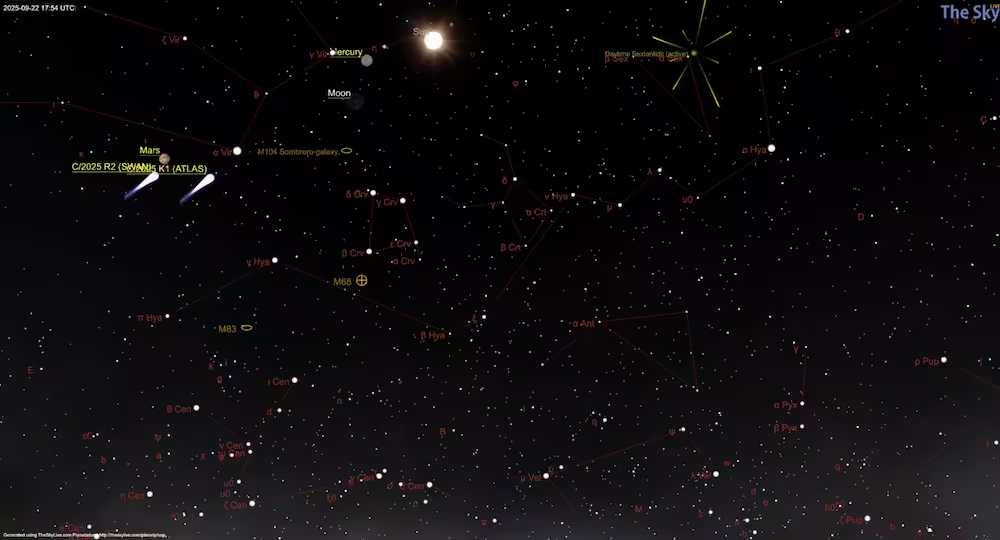
Projects like this illustrate how Fairview’s town leadership team aren’t just focused on keeping the lights on, they’re rethinking what community infrastructure could look like. Innovation isn’t always adding and replacing man-made things. Sometimes it's preserving natural beauty: for example, turning the lights off to see the stars. Julie proudly points out, “we were one of the first cities in the state of Texas to adopt a dark skies ordinance”. Residents are very proud of the fact that you can go to a park in the Town and still see the stars.
I need to talk to you about a donkey
Of the many hats Julie has had to wear in her career, one stands out in the ‘you just can’t make this stuff up’ list. “One of the things that's really fascinating about working for cities generally”, tells Julie, “is that you run into situations that you just would not ever expect to happen.” Julie had just taken over as interim police chief in a previous community while searching for a new police chief and a Texas Ranger came into her office. He came in, sat down and said, “I need to talk to you about a donkey”.
Julie recounts how a resident in an adjacent city became convinced that her police department had donkey tipped one of his donkeys. That is, he alleged that his donkey had gotten out onto a road and their police department had conspired with the state Texas Department of Transportation to cover up a donkey killing. As it happened a donkey had gotten loose and was struck by a car on a major state road. “The Department of Transportation routinely removes large obstructions off the roadway for public safety,” says Julie. “And they did what they normally do with it. But he made it into a whole conspiracy, and reported it to the Texas Rangers wanting a full investigation into the death of his donkey.”
As crazy as that story sounds, it's a fascinating insight into what can come across your desk as a city manager and underscores how many different agencies and types of people city managers have to deal with day to day.
It’s indicative of Julie and her team's outstanding ability to respond to anything that’s thrown at them with patience, professionalism, and vision. Julie has a key piece of advice for people looking at becoming a city manager: “I know people sometimes feel like they're not prepared for taking that step. You're not ever going to be fully prepared but have confidence in your ability to learn and to grow into a position. It brings a great deal of satisfaction to serve as a city manager helping cities grow and prosper. I just encourage folks that are thinking about it to really move ahead and don't be afraid of it.”
So there you have it, folks. A big thanks to Julie Couch and her team at Fairview. For city managers across Texas and beyond, Fairview is a great example of how a town can stay true to its identity while still pushing forward — and that the work city teams do every day matters, often in surprising ways. And next time you bump into Julie, be sure to ask her about the California “Scientist” who claimed he’d found a giants’ burial ground in her city.
Until next time y’all.










